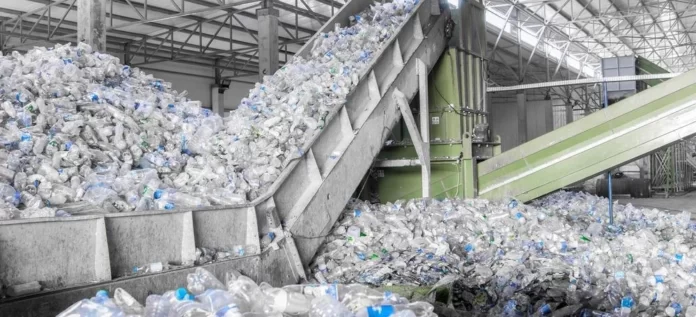ISLAMABAD: In line with the reform priorities under the IMF’s Resilience and Sustainability Facility, Pakistan’s first-ever packaging alliance, CoRe (Collect and Recycle), has called upon the federal government to introduce a range of fiscal incentives in the upcoming Budget 2025–26 to support the development of a circular economy.
In formal proposals submitted to the Ministries of Finance and Climate Change, CoRe has recommended several key reforms.
These include five-year tax exemptions for Packaging Recovery Organizations, a zero-tariff regime on recycling equipment and Reverse Vending Machines (RVMs), and financing support from the State Bank of Pakistan (SBP) for businesses involved in recycling and waste-to-energy solutions.
Additional proposals include promoting infrastructure for converting plastic waste into fuel, introducing tax rebates or financial incentives for companies achieving recycling targets or using recycled materials, and exempting General Sales Tax (GST) on waste sorting, collection, and recycling services to formalize the informal sector.
These recommendations come amid growing concerns over Pakistan’s mounting waste crisis. According to the Asian Development Bank, the country’s solid waste generation is projected to reach 42 million tons annually by 2030, posing serious environmental and public health challenges due to inadequate recycling infrastructure.
Sheikh Waqar Ahmad, CEO and Founding Board Member of CoRe, stated, “CoRe’s recommendations are intended to support the government’s broader sustainability agenda, particularly under the framework of the IMF’s Resilience and Sustainability Facility. The Budget 2025–26 presents a critical opportunity to implement policies that drive sustainable investments and move us towards a waste-free future.”
Hammad Naqi Khan, CEO of WWF-Pakistan and CoRe Board Member, emphasized the importance of policy-driven action: “Incentivizing collection and recycling is essential for promoting circularity and addressing Pakistan’s growing waste management challenges.”
Babar Aziz Bhat, CEO of Green Earth Recycling and Chairperson of CoRe’s Extended Producer Responsibility (EPR) Committee, added, “Investing in collection and recycling infrastructure is key to reducing waste, creating green jobs, and driving sustainable development in Pakistan.”
The proposals have been submitted to Federal Minister for Finance and Revenue Muhammad Aurangzeb, and Federal Minister for Climate Change and Environmental Coordination Dr. Musadik Masood Malik. They highlight the need for public-private collaboration and targeted fiscal measures to build a sustainable circular economy.
Earlier this year, CoRe hosted a multi-stakeholder event that brought together public and private sector representatives to discuss environmental policy reforms. A key outcome was consensus on harmonizing environmental regulations across provinces to streamline recycling and waste collection efforts.




